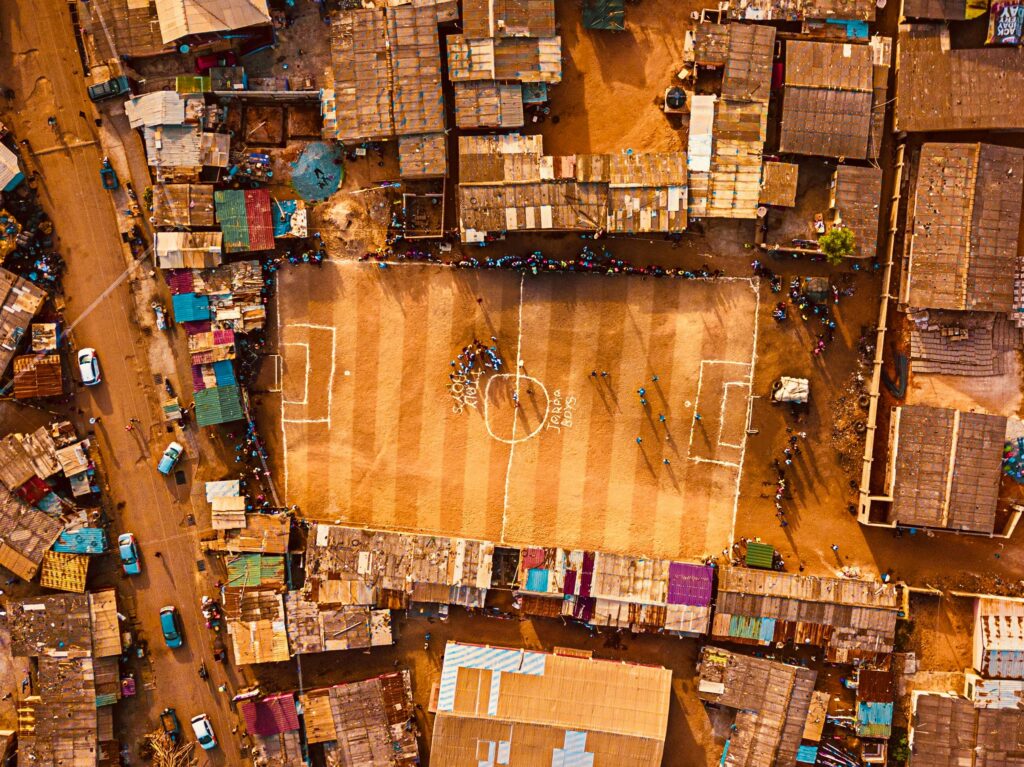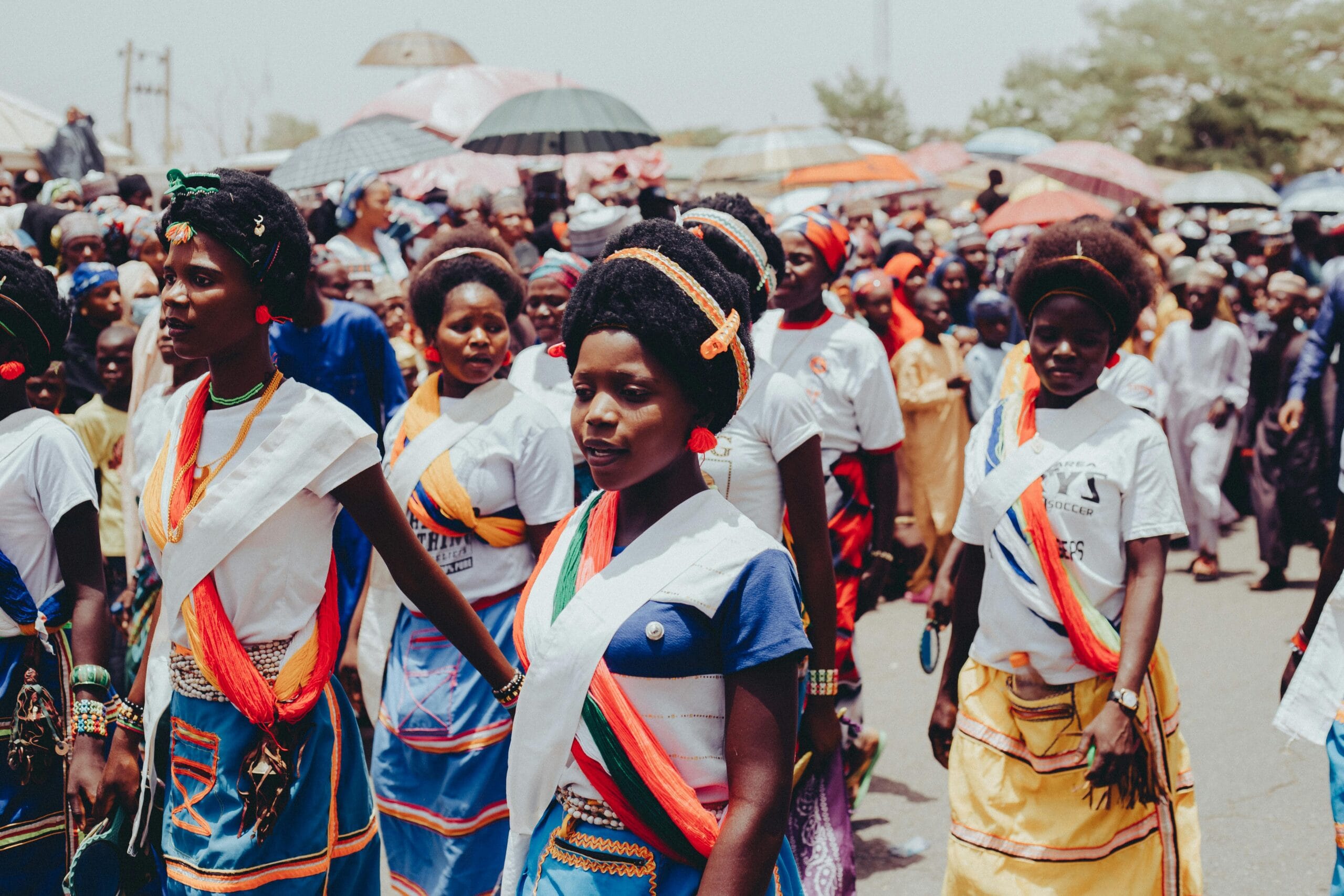By: Yanela Soler Más
Every May 25, the world celebrates Africa Day, a date dedicated to an entire continent. It marks the beginning of the autonomy process of the countries subjected to domination and exploitation by European colonizers since the end of the 19th century. Once emancipated, these nations tried to develop their populations in all areas, but they could not do it alone. Integration and cooperation were essential.
By 1963, around 32 African countries had already achieved independence, but other nations on the continent, such as Angola, South Africa, and Southern Rhodesia (now Zimbabwe), still needed liberation and support. For this reason, the leaders of these free states gathered on May 25th in Addis Ababa, the capital of Ethiopia, at the invitation of then-Emperor Haile Selassie. They agreed to establish the Organization of African Unity (OAU), the precursor to today’s African Union (AU).
A day later, the leaders—except for Morocco—signed a document committing to work toward improving the quality of life in member states, supporting liberation struggles for nations still fighting colonialism, and fostering cooperation among African countries in economic, political, and social spheres.
Earlier, in 1958, Ghana had hosted the First Congress of Independent African States, where experiences from national liberation movements were shared and the commitment to freeing the continent from European colonial rule was reaffirmed. Historians note that the Ghana Congress laid the groundwork for the OAU, which in 2002 became the AU and now includes 55 member states.
Progress and Challenges of a Continent
Africa Day is more than the celebration of a historic event. It is an invitation to reflect on the diversity of ethnicities, cultures, languages, and traditions across a continent rich in natural resources—resources that for decades were exploited not for its own development and social welfare but for the benefit of others.
On the historical significance of May 25th for Africans, Pope Francis emphasized that the date “represents the symbol of the entire continent’s struggle for liberation, development, and economic and social progress, as well as for the appreciation and deepening of Africa’s cultural heritage.”

In recent decades, Africa has seen its significant economic progress recognized in the quest for its place on the international stage. This has changed the global perception of the continent, which has gone from decline to boom. Nations such as Nigeria, South Africa, Egypt, Ethiopia, Ghana, Rwanda, Kenya, Tanzania, Côte d’Ivoire, and Uganda stand out with strong growth, driven by sectors like oil, tourism, mining, agriculture, manufacturing, and services.
The promotion of African markets as attractive destinations for international investment, the emergence of African cities as tech hubs, and the role of active diplomacy—with African states mediating international conflicts, engaging in the United Nations, and fostering intercontinental collaboration as part of the Global South—demonstrate that this is not only a resource-rich continent but also one with human capital committed to sustainable development.
However, Africa’s challenges should not be underestimated. While some nations have advanced in certain sectors, others remain economically stagnant, plagued by armed conflicts, political tensions, and civil wars that often result in bloody clashes claiming thousands of lives. Many countries still struggle to reduce high poverty rates, exacerbated by economic inequality and limited access to basic resources like healthcare and education.
In addition, the continent is highly vulnerable to the effects of climate change, enduring prolonged droughts, floods, and desertification. As a result, the continent suffers from extreme heat, water scarcity, and agricultural development difficulties in some regions, leading to food shortages.
These conditions contribute to high rates of migration and internal displacement, often forced, not only to other African nations, but sometimes to Europe, where few arrive safely as many perish along the Mediterranean route.
For this reason, Africa Day is not only a celebration of the solidarity that inspired those first states to unite more than 60 years ago in support of a continent-wide liberation struggle. It is also a time to reflect on contemporary challenges, with the aim of promoting inclusive growth and well-being for all Africans, showcasing the potential of its people.









